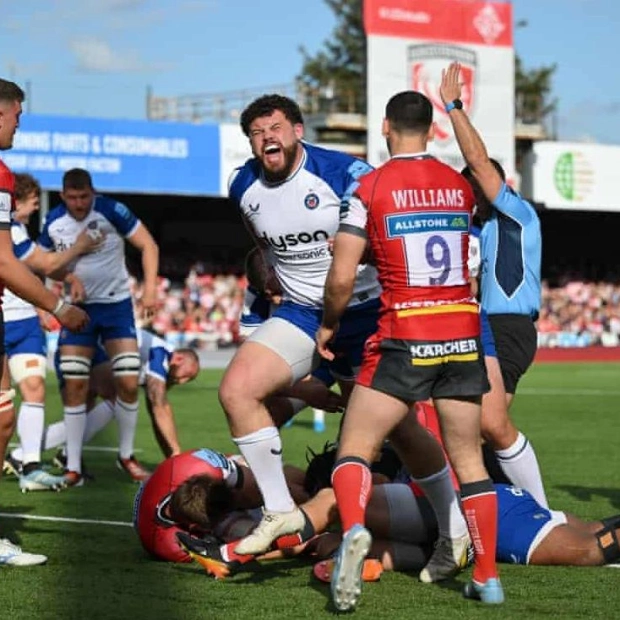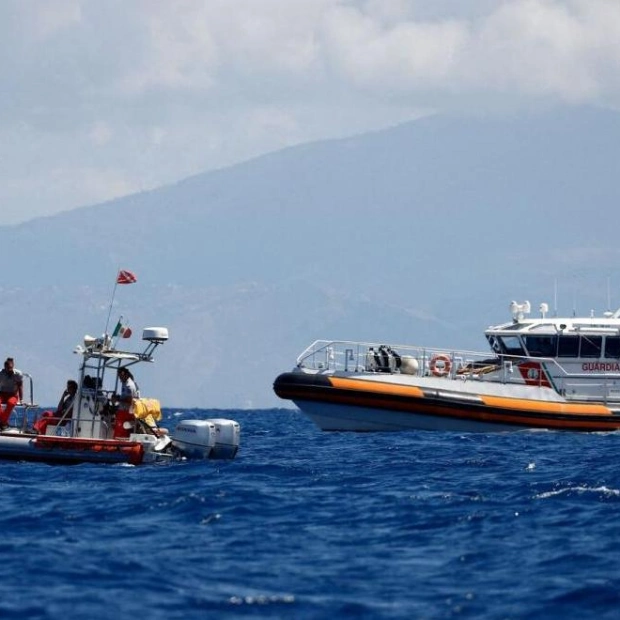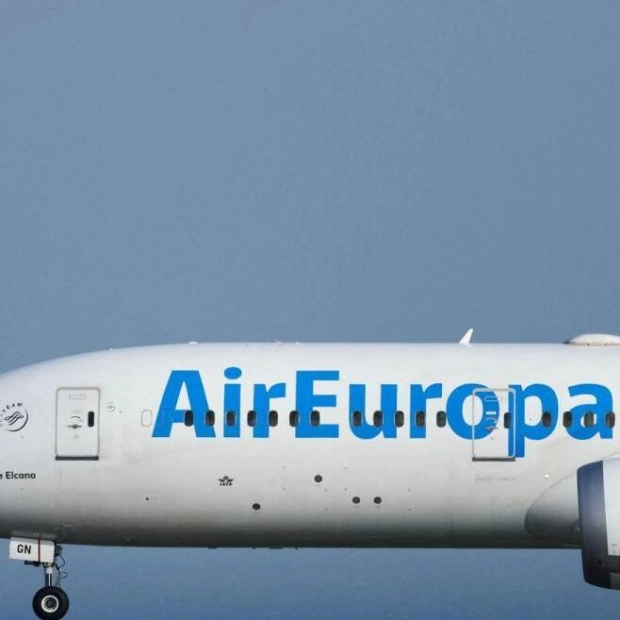Lawmakers should be envious of Steve Clarke's knack for swaying public opinion. Clarke was a national hero when leading Scotland to Euro 2024. The failure there—or more precisely, the nature of that failure—sparked a belief that Scotland might need a new manager by the start of World Cup qualifying. Three consecutive Nations League defeats only reinforced the need for change. It's important to recall that Clarke initially elevated expectations, thanks to tournament qualifications that his predecessors couldn't achieve despite media adoration.
Clarke is once again the master of his domain. Andy Robertson's standout moment in a Scotland shirt, the flying header that defeated Poland in Warsaw on Monday, means the team has realistic hopes of staying in the Nations League's top tier. Clarke's expertise in this role is evident; Scotland won with a 41-year-old goalkeeper, Celtic's backup right back, a center-half who struggles for regular game time at Norwich, and a League One striker. Even during Scotland's bleak run, it was clear the squad hadn't lost faith in Clarke.
The collective celebration as Poland's players sat dejected on the field reminded us all that the Scottish Football Association will face a daunting task replicating Clarke's achievements when his tenure ends. This is a team that can at least compete effectively with the best, a fact that shouldn't be underestimated given Scotland's current standing in world football.
Conventional wisdom suggests Clarke has shed his pragmatic approach since the summer in Germany. The reason for the upturn seems simpler; key players have regained their form. Scott McTominay and Billy Gilmour have been revitalized by moves to Napoli. John McGinn looked back to his best during this international window. John Souttar, who missed the Euros, has been outstanding at center-back. Robertson has played with a chip on his shoulder.
Ben Doak's emergence has also been a significant boost; the 19-year-old could become the game-changing attacker Scotland has been yearning for. He still has much to learn, but the excitement around him is justified. Fortune has also started to favor Clarke again. As Che Adams was denied a late equalizer in Zagreb last month, it felt like Scotland couldn't catch a break. When Poland won in Glasgow, it was courtesy of a 97th-minute penalty. Fast forward to November; Croatia played the second half at Hampden Park with 10 men, and Poland couldn't rely on the injured Robert Lewandowski. The chaotic nature of Monday's game made it feel certain that Lewandowski would have added to Poland's single goal.
Scotland's lack of top talent at center-forward is seen as a significant issue. Lyndon Dykes, who has generally been a revelation for Clarke, has struggled to score for Birmingham. Tommy Conway remains untested at international level. Lawrence Shankland has gone from being the most potent striker in the Scottish domestic scene—when no other club wanted to buy him—to being ineffectual in a matter of months. Adams is Clarke's most technically capable in this position, but six goals in 35 appearances tells a story.
Scotland doesn't need a prolific marksman if others can contribute adequately. McGinn's Scotland scoring tally has reached an impressive 20. McTominay is one short of a dozen. Ryan Christie and Doak will pose scoring threats. Clarke has had to improvise with the attacking setup of his team and has done so admirably.
One intriguing point will arise when Kieran Tierney recovers from injury. A back three (or five) was introduced primarily to accommodate Tierney and Robertson in the same team. The recent switch to a back four has been more effective, partly because it allows Scotland's midfield talent to be deployed appropriately. It seems inconceivable that Tierney wouldn't start for his country if available. Similarly, it's difficult to determine where he would fit in.
If this becomes a dilemma by the time Scotland returns for a Nations League playoff in March, it's one Clarke will welcome. Regardless of the opposition, Scotland will have at least a strong chance of remaining in League A. As the Tartan Army left the Stuttgart Arena in June, collectively frustrated by Scotland's timid approach against Hungary, this position seemed inconceivable. But it was always wise to trust Clarke. A manager who has raised the bar for Scotland's international side had earned that right. The upbeat mood now feels familiar.
Source link: https://www.theguardian.com






